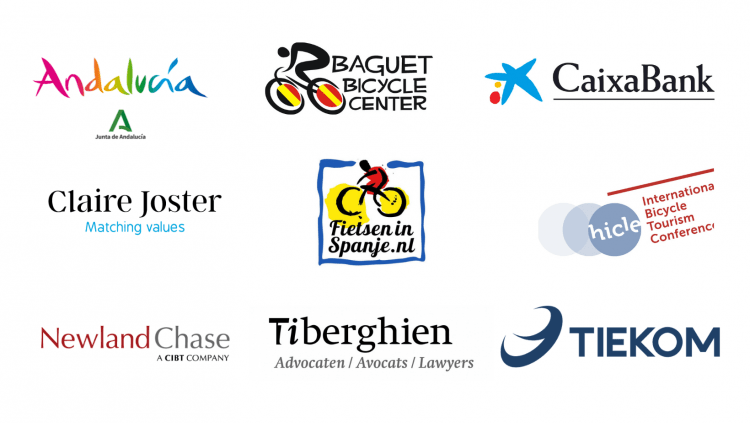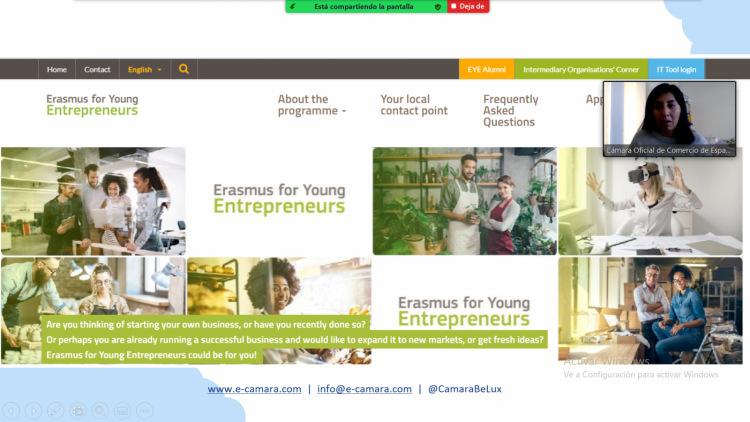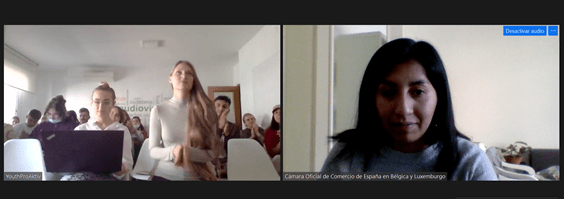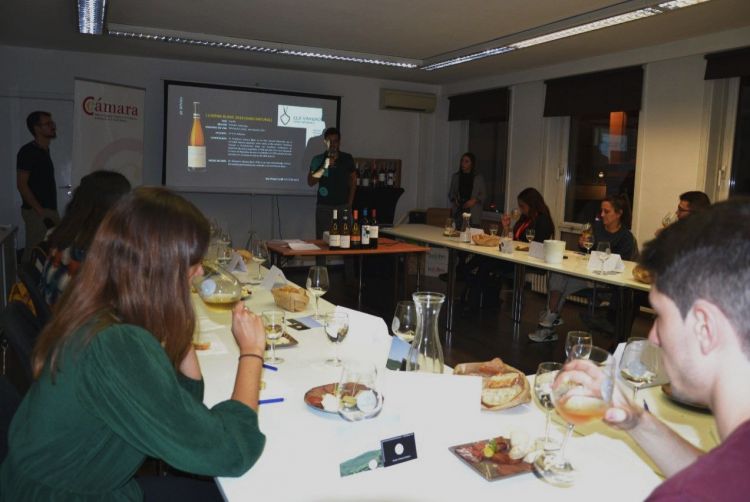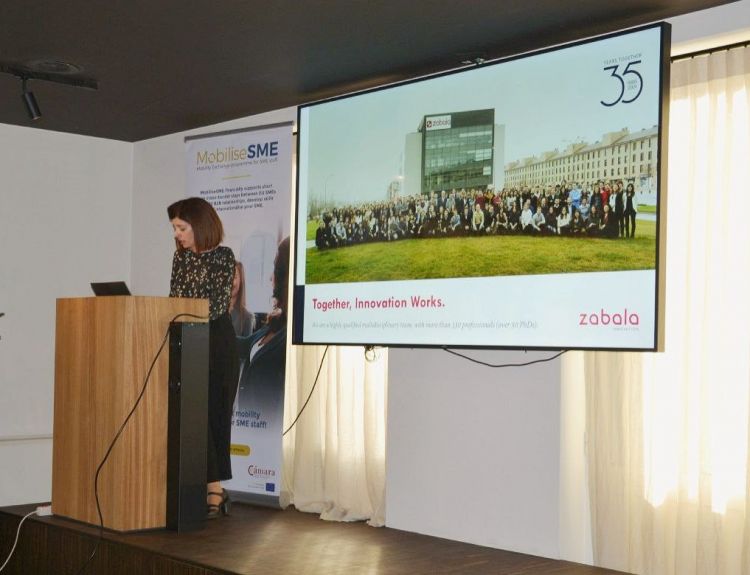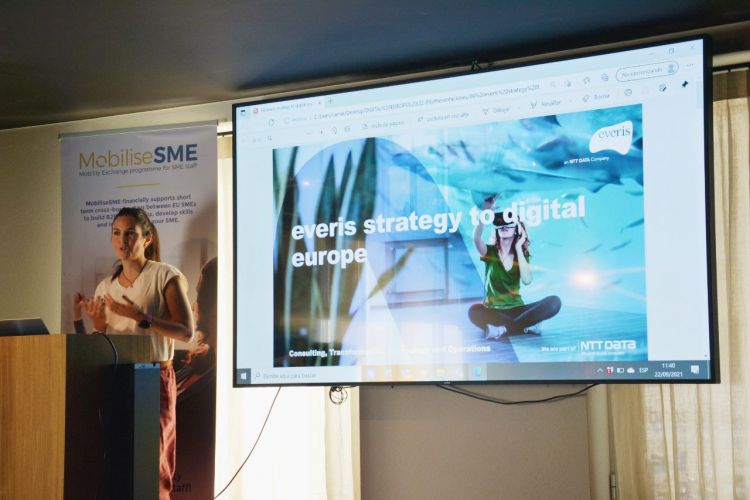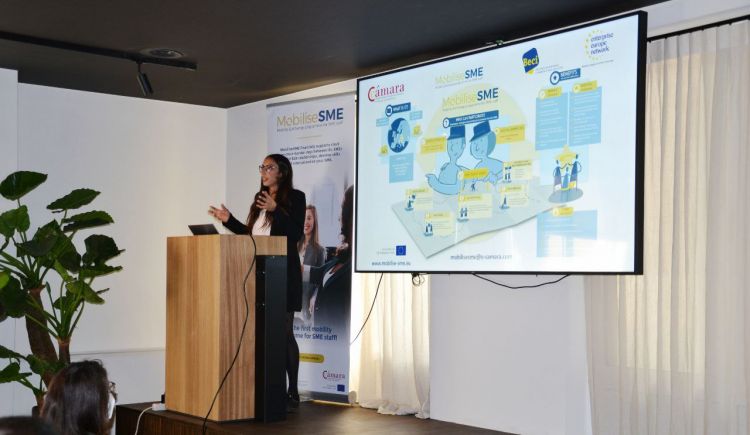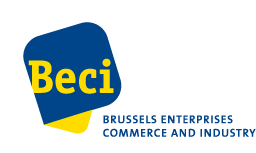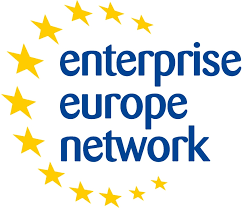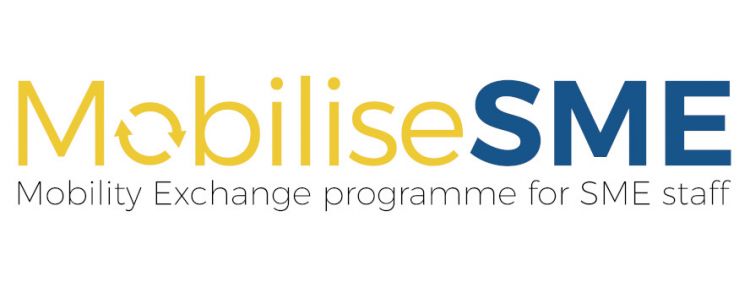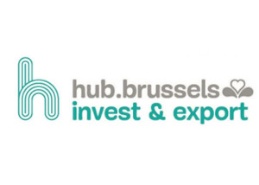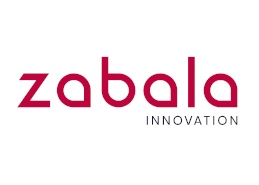Last Thursday 22nd of April, the Cultural and Scientific Department of the Spanish Embassy in Belgium and the Official Spanish Chamber of Commerce in Belgium and Luxembourg, in collaboration with the Spanish Embassy in Luxembourg, the Center for Industrial Technological Development (CDTI), the Spanish Office for Science and Technology (SOST-CDTI) and the Superior Council for Scientific Research’ (CSIC) Delegation to the European Union, organized the webinar “Response to COVID-19: solutions’ examples in Belgium, Luxembourg and Spain”. It consisted in a digital, special edition of the “Los Mediodias de la Embajada” and the fourth edition of the cycle Spain Means Innovation, a Chamber’ initiative to boost Spanish companies’ commercial and business interests at a local level in Belgium and Luxembourg.
During the webinar, different good practice examples were shown on the development of innovative technologies and solutions which are being carried out in order to fight against the COVID-19 pandemic in Spain, Belgium and Luxembourg, and both synergies and connections that can be established between the three countries were highlighted.
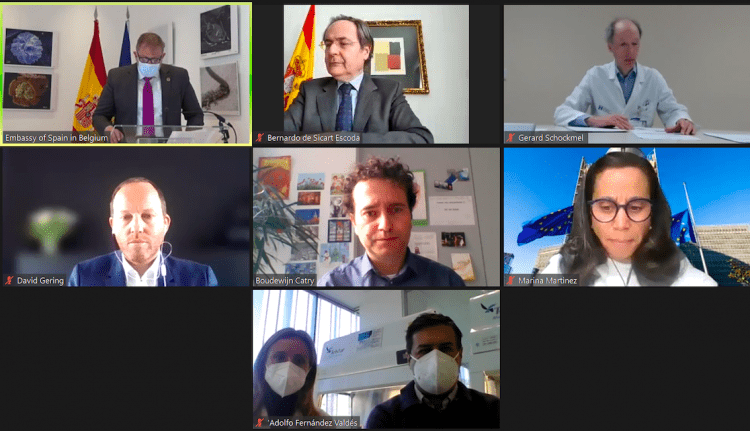 The webinar was inaugurated with welcoming words from H.E Ms. Beatriz Larrotcha Palma, Ambassador of Spain to the Kingdom of Belgium, who highlighted the importance of collaboration between countries in order to fight the pandemic, as well as thanking speakers and assistants for their presence. Boudewijn Catry, researcher at the Belgian public health and epidemiological center Sciensano spoke after her, and explained the Covid-19 epidemiological information’ management system launched by Belgium which has been identified by the European Center for Disease Control (ECDC) as one of the leading for epidemiological monitoring in Europe.
The webinar was inaugurated with welcoming words from H.E Ms. Beatriz Larrotcha Palma, Ambassador of Spain to the Kingdom of Belgium, who highlighted the importance of collaboration between countries in order to fight the pandemic, as well as thanking speakers and assistants for their presence. Boudewijn Catry, researcher at the Belgian public health and epidemiological center Sciensano spoke after her, and explained the Covid-19 epidemiological information’ management system launched by Belgium which has been identified by the European Center for Disease Control (ECDC) as one of the leading for epidemiological monitoring in Europe.
Following him, Marina Martinez, H2020 Programme Officer at the CDTI-SOST office intervened and threshed the different innovation programs recently launched by the EU to fight the pandemic, as well as highlighting the important Spanish participation in the Horizon 2020 program in fields such as nanotechnology. After this, S.E. Sr. Bernardo de Sicart Escoda, Spanish Ambassador in the Great Duchy of Luxembourg, spoke and presented the important work of Spanish institutions and associations in Luxembourg to generate synergies between the two countries in all fields, including health.
After the firsts interventions the board of experts started, moderated by Sergi Farré, Cultural and Scientific Advisor of the Spanish Embassy in Belgium. Dr. Gérard Schockmel, specialist physician in infectious diseases at the Robert Schuman Luxembourg Hospital began by detailing the pandemic management in Luxembourg and current trends.
On the other hand, Adolfo Fernández, director, and Belén Cabal, main researcher, both of the center fo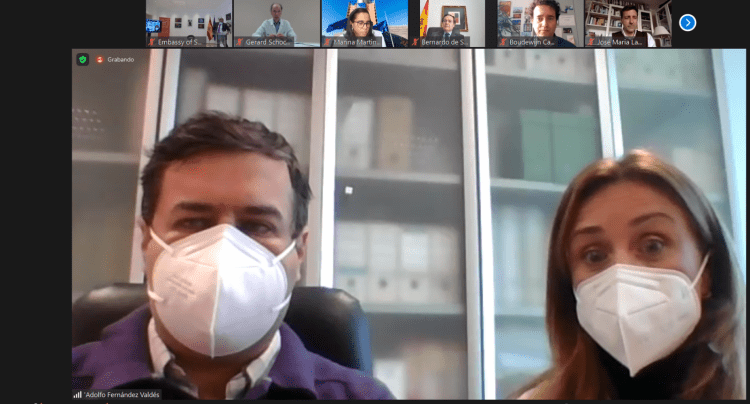 r nanomaterials and nanotechnology research CINN-CSIC-UO-PA, presented the innovative materials recently developed and its potential applications against Covid. José Maria Lagarón, of the IATA-CSIC research center, presented the development of a mask based on own nanotechnology as an example of rapid development of solutions against Covid given the scarcity of masks in the initial stages of the pandemic. Last, David Gering, Director of Communications at the Belgian pharmaceutical industry association (Pharma.be) explained the enormous importance of Belgium in the industry’s European network as well as of its impact on the Belgian economy.
r nanomaterials and nanotechnology research CINN-CSIC-UO-PA, presented the innovative materials recently developed and its potential applications against Covid. José Maria Lagarón, of the IATA-CSIC research center, presented the development of a mask based on own nanotechnology as an example of rapid development of solutions against Covid given the scarcity of masks in the initial stages of the pandemic. Last, David Gering, Director of Communications at the Belgian pharmaceutical industry association (Pharma.be) explained the enormous importance of Belgium in the industry’s European network as well as of its impact on the Belgian economy.
During the question time, assistants to the event had the chance to express their doubts and comments to the speakers, such as the measures launched in Luxembourg, vaccination strategies or crisis management.
From the Official Spanish Commerce Chamber in Belgium and Luxembourg we would like to warmly thank all speakers for their excellent presentation, as well as to all participants for their presence.


